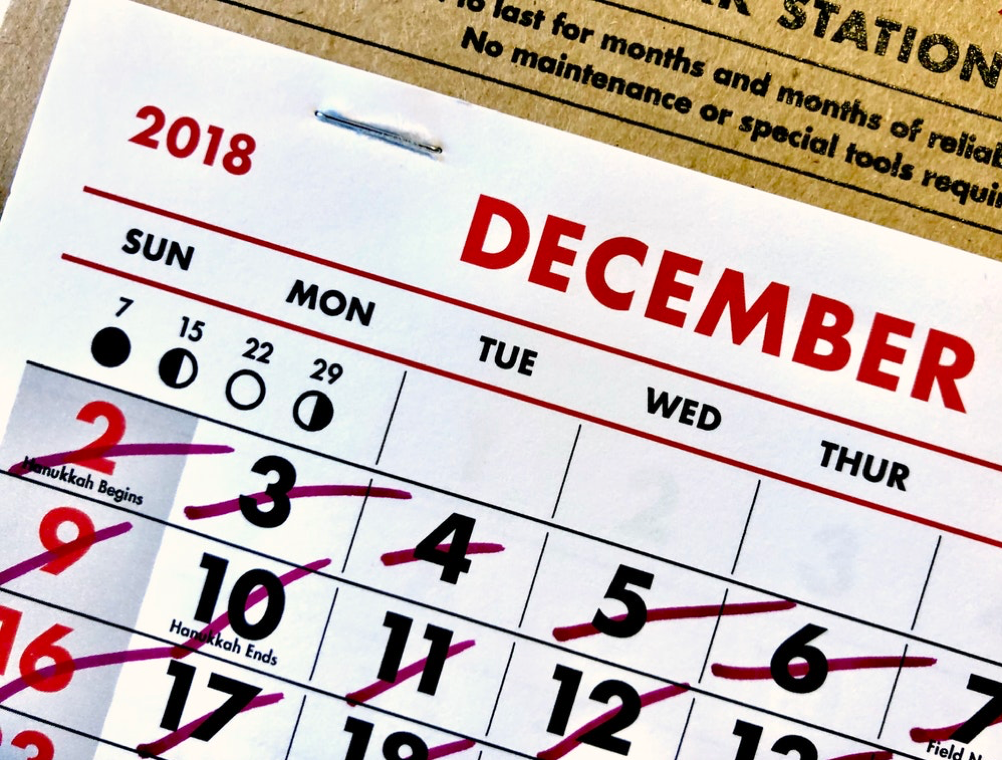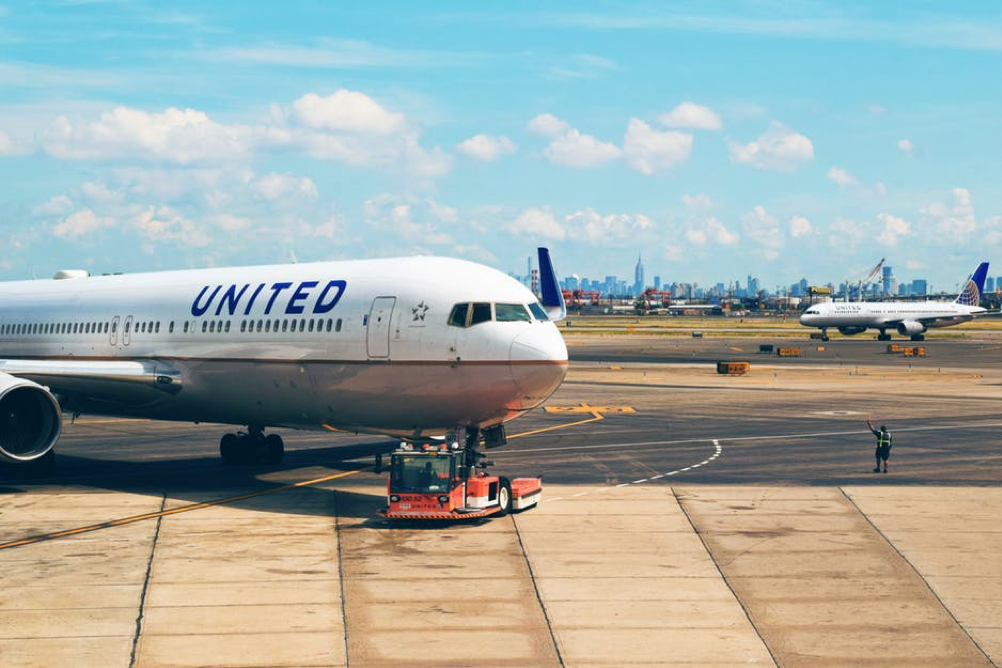Traveling can be expensive and especially when we go to places that are far away, the only way to get there in time is by flying. Sadly, we often exclude specific destinations because we just think they were very expensive when we took a look at them one time. Now there are a lot of different factors that make up the price of a flight ticket but gladly there are a few things you can do as an individual to get better prices.
1. Subscribe to a Flight Alert Serivce

The great thing about the Internet and technology is that there are tools available which help you to immediately get information on cheap flights or so-called “error fares” in real-time. Sometimes, airlines have a really good offer or unintentionally publish fares that are way below market standard. In these cases it is important to be aware of these offers quickly before other people book them. You could either spend all day on the websites of all the airlines in the world or just subscribe to a flight alert service that constantly scans offers and sends you a message when there is a new good offer with a link to it. Under the section “Flight Deals” you can sign up to get the best deals on the web that are relevant to you.
2. Book in Advance

Timing matters. As you may know, people on a plane pay different prices for their tickets even if they are in the same class with the same conditions and the same service. Airlines make use of dynamic pricing methods and often you will get much better prices if you book in advance because the cheapest booking classes usually become unavailable when the departure date is approaching. Some people may say that last-minute offers are usually the best ones but that’s purely speculating and you do not know which destinations will actually be available then. Every airline has a different pricing structure but we suggest to book no later than 6 weeks prior to departure if you want to get a cheap price.
3. Be flexible with dates

The price of your flight can depend on the week day that you are planning to depart on and the number of days you are staying. For example, business travelers who are less price sensitive often just stay a few days in a location. If you are able to have a longer stay, your return ticket should be at least 6 to 7 days after the first flight to get you the best price. Also, many airlines enable a price matrix that shows you the fares for +/- 3 days around your chosen date of departure. Thus, we advise you to check the prices for different dates if you are flexible!
4. Avoid peak times

Be aware of national holiday and school vacation in your country. Usually, prices will go up during that time as demand is rising. Just imagine whole families who planned their vacation according to their kids’ schedule. Your destination will most likely also be impacted by that through crowded beaches and a less enjoyable travel experience. Another thing to consider is also the time of vacation in your destination country to avoid the same effect on site.
5. Use flight search engines

One of the best tools to get an initial overview of prices that you can expect are flight search engines. Many tech companies and start-ups have made it their task to provide a quick and detailed service for travelers who look for the best prices on a specific route. These search engines go through all the flight information available from most airlines to find the cheapest and fastest flight. Often, you can even look for prices of multi-stops and different classes like economy and business. However, low-cost carriers are usually not included in these search engines so you might check out their pages separately. The most useful flight search engines include Google Flights, Skyscanner and Kayak which not only show you the price per flight but also direct you to the specific websites on which you can buy the tickets. Lastly, it can save you a lot of money to check Google Flights for nearby airports to see whether flying to the same destination is cheaper from an airport that you can easily reach as well.
6. Check Prices on the Airlines’ Websites

Do not blindly trust flight search engines. When you see good offers, it is a good decision to pick the best three and check them on the airlines’ websites. Sometimes it could be that the search engine did not display the correct price or the flight could actually be cheaper on the airlines’ websites than on the search engine. So this small time effort can definitely be worth it and in fact, some people have trust issues in flight search engine results as they sometimes lead to websites you have never heard of before.
7. Collect Miles

Most airlines use mile programs to attract customers and create a bonding with existing ones. With miles you will be able to get discounts on flights, flight upgrades to a higher class or other products of companies that collaborate with the airline. Now people think they can never collect enough miles and thus never sign up but that is probably the worst thing you could do. A lot of mile programs also reward customers who buy products from partners, for example at the supermarket. So if you just pay your bills like normally but sign up for a mile program, you can collect miles without booking a flight. After some time this can really pay off as you could get priority status at check-in, lounge access, priority boarding or redeem your miles to get a free flight to the U.S.! The most useful mile programs are often those that apply to many different airlines, for instance the Miles & More program in which you can redeem miles in many airlines from the Star Alliance.

